Introduction
When launching an online casino, technical terms such as RTP (Return to Player), RNG (Random Number Generator), and “game fairness” are frequently encountered. Understanding these isn’t optional—it’s essential to running a compliant, trusted, and player-friendly platform.
Whether you're using a white-label provider or building your casino from scratch, mastering these concepts will help you choose the right game suppliers, meet regulatory standards, and market your casino more effectively.
What is RTP (Return to Player)?
RTP stands for Return to Player. It’s the theoretical percentage of all wagers that a game will pay back to players over time.
Example:
- A slot game with a 96% RTP will return $96 for every $100 wagered, over thousands of spins.
Why RTP matters for operators:
- Regulatory requirement: Most jurisdictions require clear RTP disclosure.
- Marketing tool: Players often choose games based on RTP values.
- Business impact: A higher RTP results in a lower house edge, but also fosters better trust-building.
Tip: Choose a mix of games with varying RTPs to appeal to casual players and high-rollers alike.
What is RNG (Random Number Generator)?
RNG stands for Random Number Generator. It’s a technology that ensures every spin, card draw, or dice roll in your casino games is completely random and unbiased.
How it works:
- RNG software generates billions of possible outcomes per second.
- When a player clicks “spin” or deals cards, the RNG selects a random outcome.
Why RNG matters for operators:
- Compliance: Regulated markets require certified RNGs to prevent game manipulation.
- Player trust: Communicating the use of RNG helps reinforce the perception of fairness.
- Supplier selection: Always choose game providers with RNG-certified games.
Important: RNGs must be regularly audited by third-party laboratories, such as eCOGRA or iTech Labs.
What is Game Fairness (and How is it Verified)?
“Fairness” refers to the guarantee that casino games operate honestly and without external interference.
How fairness is assured:
- Games undergo testing and certification by independent auditors (e.g., GLI, eCOGRA).
- Certifications verify correct RTP display, RNG integrity, and compliance with licensing regulations.
Displaying fairness:
- Post certification badges on your site footer.
- Include a clear “Fair Gaming” or “Game Integrity” page.
- List RTP percentages transparently on game screens where applicable.
Why RTP, RNG, and Fairness Are Business Essentials
- Player acquisition: New players look for signals of fairness before trusting your brand.
- Regulatory compliance: Licenses from Malta, the UKGC, and Curacao mandate certified games.
- Reputation protection: Fair games prevent fraud accusations and bad reviews.
Bonus Tip: Incorporate educational blog content on fairness topics to enhance SEO and player trust.
Conclusion
For any new casino operator, understanding RTP, RNG, and game fairness is non-negotiable. These aren't just technical details—they’re central to your credibility, compliance, and player retention strategies. Partner only with certified game suppliers and communicate fairness transparently to differentiate your brand.
Are you Ready?
Ready to build a trustworthy and compliant casino brand? Talk to our iGaming experts today—we’ll help you select certified game providers and guide your licensing process for long-term success.

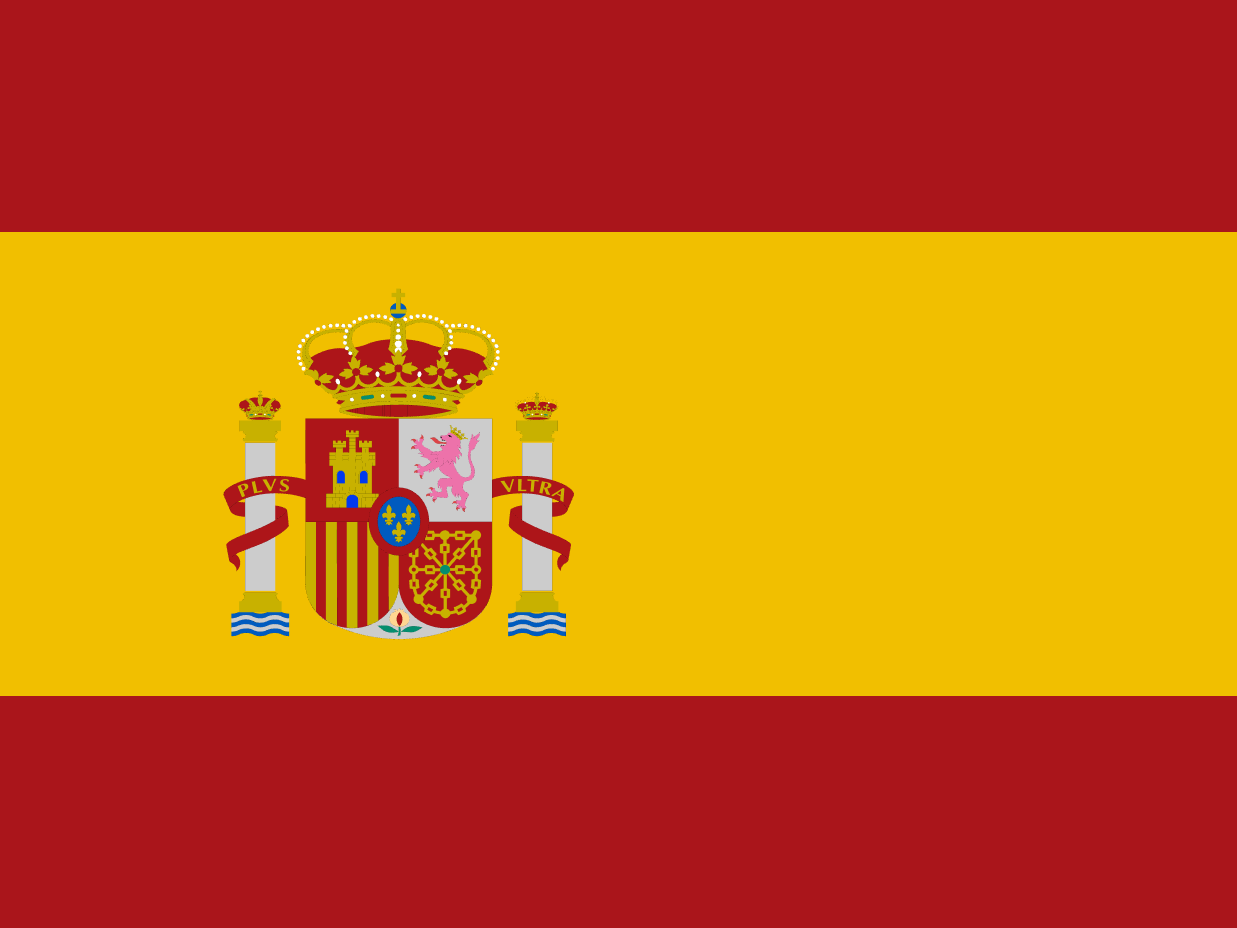


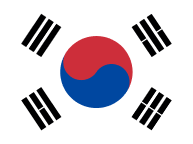

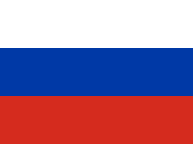
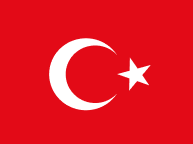
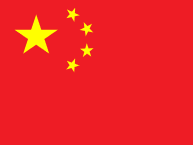
.png)

.svg)
.png)
.png)

.png)

.png)

